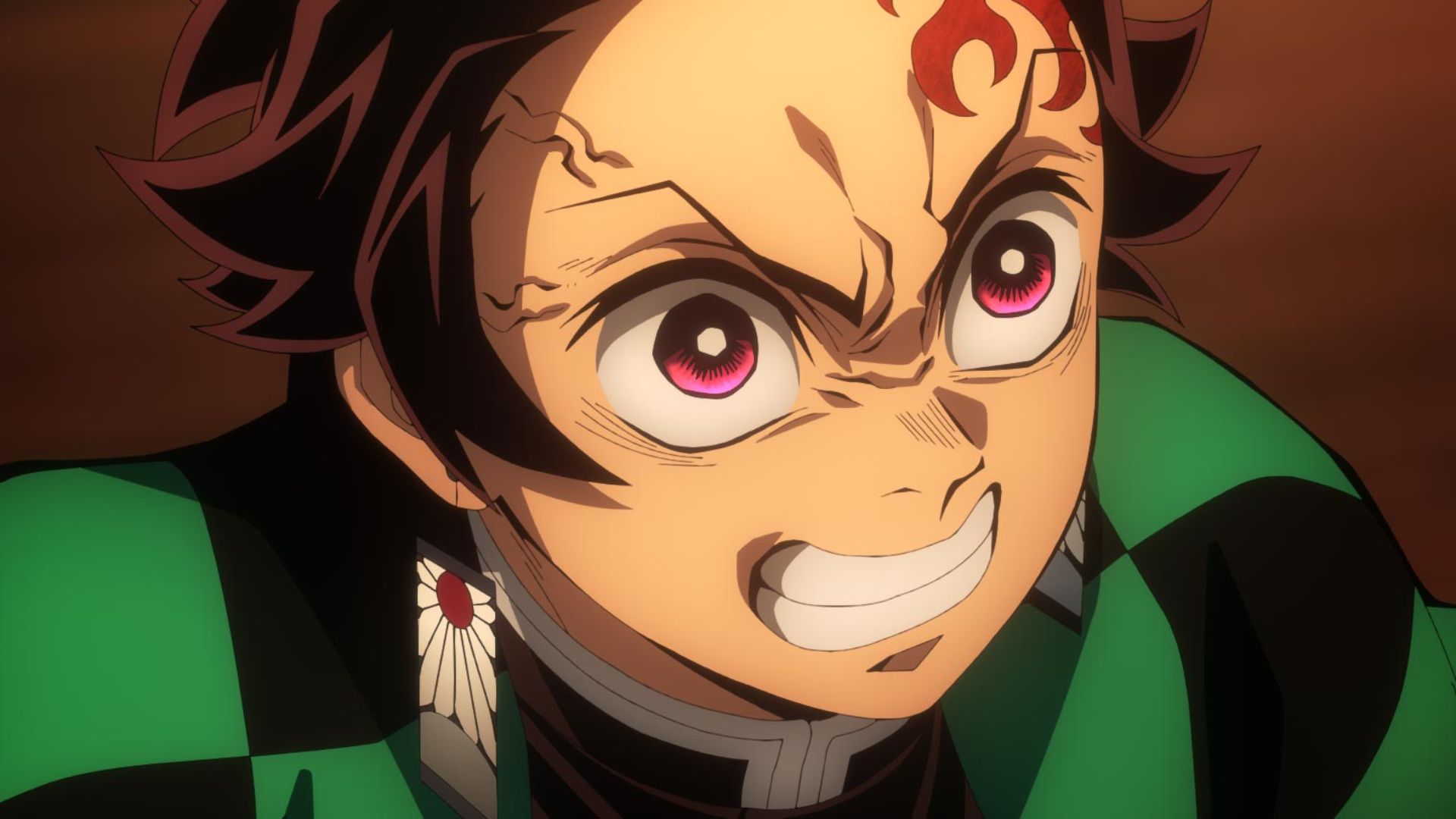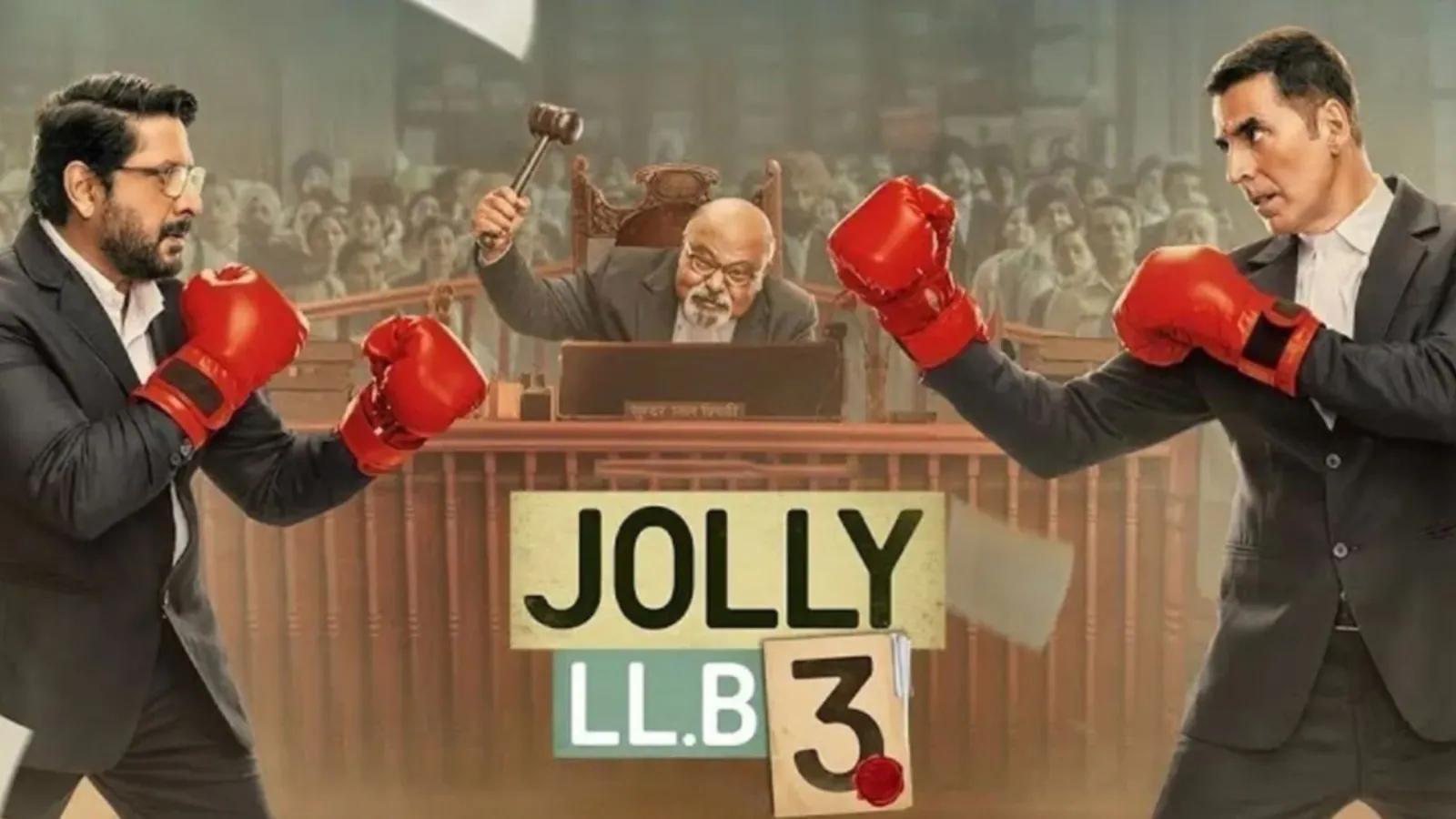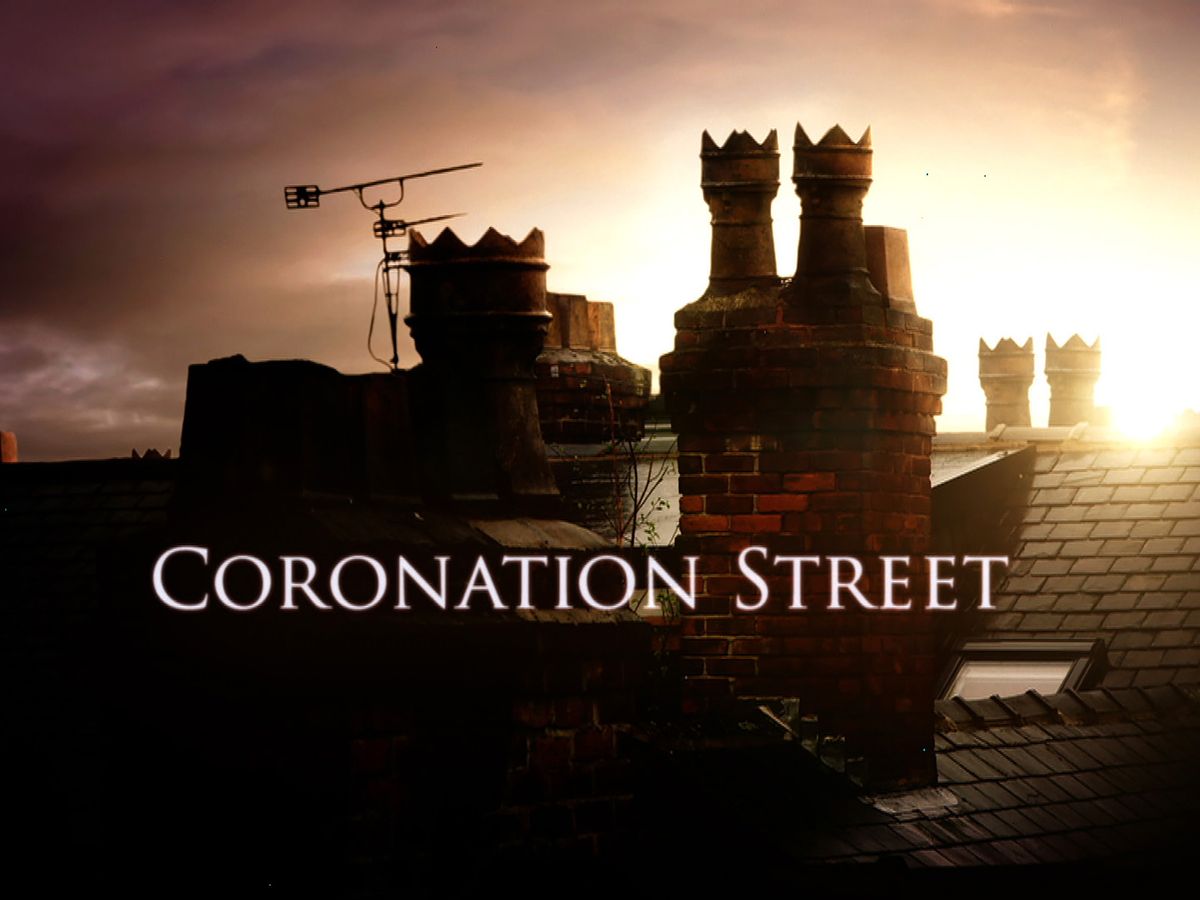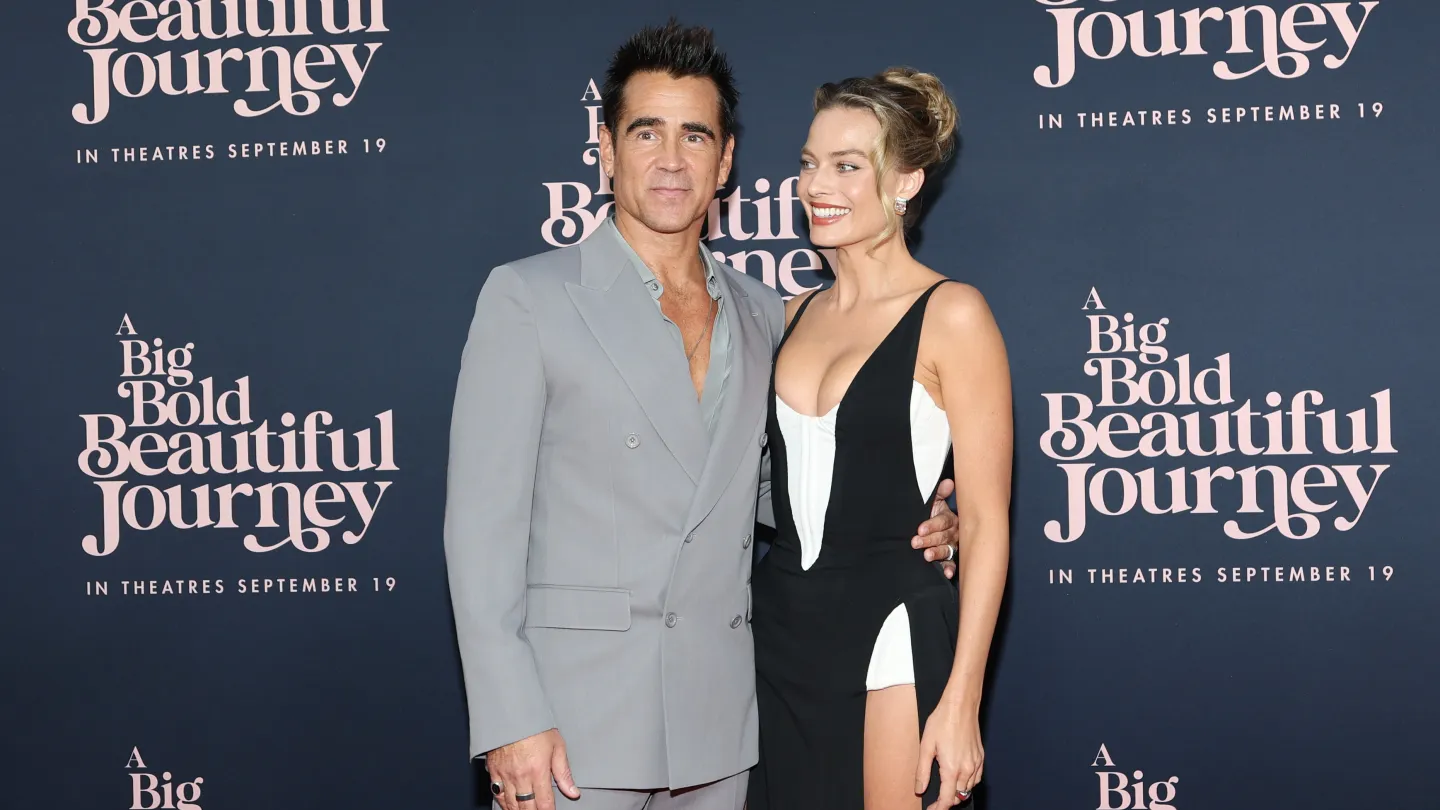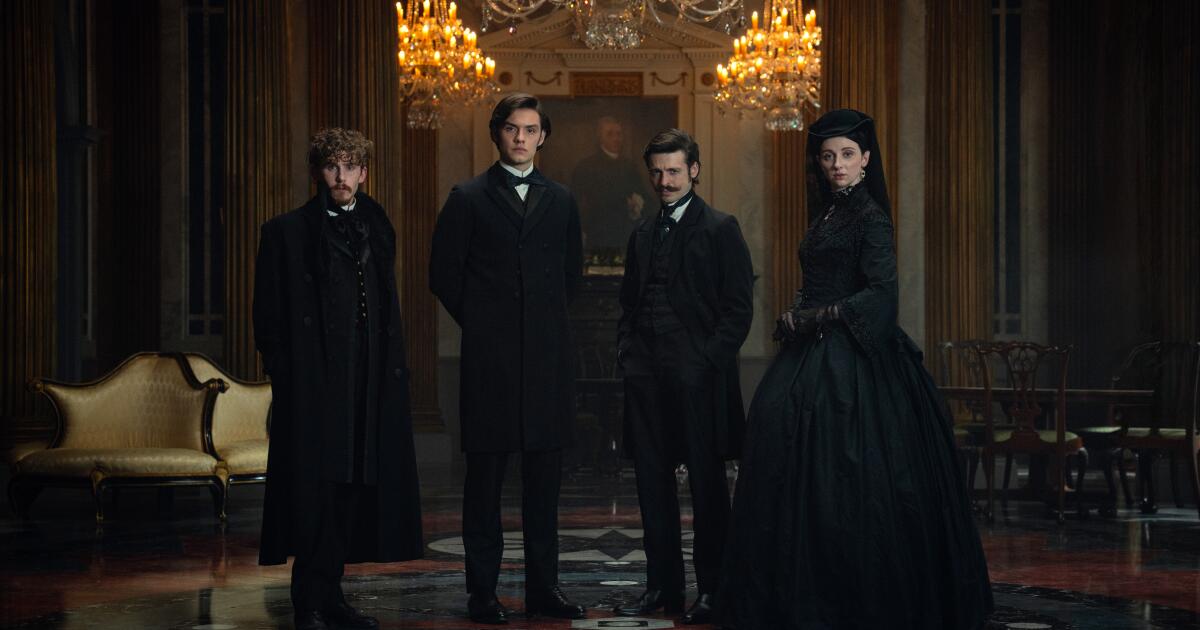
“House of Guinness,” as in the famous Dublin brewery, begins with the disclaimer “inspired by true facts,” which is another way of saying, “Don’t believe everything you’ll see.” Or, in “Dragnet”-speak, “Names have not been changed, and we have no desire or obligation to protect the innocent. This is a drama, and anyway, you can’t libel the dead.” The framing may be sound, but the portraits are imaginary.
The unchanged names in the series, which premieres Thursday on Netflix, belong to the four children of Benjamin Lee Guinness, whose grandfather created the signature porter in 1778. They are Arthur (Anthony Boyle), Edward (Louis Partridge), Anne (Emily Fairn) and Benjamin (Fionn O’Shea). As we begin, it is 1868 and Benjamin Lee, just deceased, has left the brewery in equal shares to Arthur, who has been away in London for five years losing his accent and finding peace, and Edward, who has been pretty much running the place. Anne, only a woman, and a married one, is basically skipped over; and Benjamin, who has problems with drink and gambling, is given a small allowance, because, as expressed in his late father’s will, “I feel it wise not to burden Benjamin with the temptations that come with fortune.”
As seen here, neither Arthur nor Edward, whose professional expertise is mostly represented by signing papers and occasionally walking around his factory — you won’t learn anything about how Guinness is made — seems capable of running a brewery. But all that really matters to the show is that each is a tortured romantic and will have to find a way to thrive in their uneasy, unasked-for partnership.
Indeed, as a viewer in search of entertainment rather than enlightenment, it’s best to treat these characters, however much attached they are to the real people whose names they bear, as entirely fictional. There are also, of course, characters mixed up in this business who have no factual counterparts, and by virtue of their fates not being written in books or Wikipedia pages, are subject to the whims of series creator Steven Knight (“Peaky Blinders,” “A Thousand Blows,”), creating opportunities for suspense that might otherwise be lacking.
Prime among these creations are Sean Rafferty (James Norton), the Guinness family fixer, a handsome brute whom the ladies like, and the beautiful, brilliant Ellen Cochrane (Niamh McCormack), a Catholic firebrand who sees a better way toward Irish independence than throwing rocks at old man Guinness’ hearse or setting beer barrels on fire; for some reason, the Fenians, epitomized by Ellen’s “bonehead” brother Patrick (Seamus O’Hara), a grating presence and no advertisement for the movement, have decided that targeting Guinness (rich, Protestant) is going to get them somewhere.
Apart from the politics, the family squabbles and the not particularly worrying fortunes of the family business — I mean, you can still order a Guinness — the main concerns of this historical melodrama, this stout opera, if you will, are beating hearts and heaving breasts. Skeptically accepting a meeting with Edward in the spirit of detente, Ellen feels electricity sparking between them, and vice versa. (More acceptably, Edward also has eyes for his cousin Adelaide Guinness, played by Ann Skelly, who has none for him.) Ben, meanwhile, is beloved by Lady Christine O’Madden (Jessica Reynolds), who foolishly believes she can reform him. Well, we’ve all seen that story.
But wait, there’s more! In this telling, at least, Arthur is gay, which is a problem for him as a person living in a super-religious country in the late 19th century and as a representative of the family and their eponymous product. If his orientation becomes known, it is suggested, the world will cease drinking his beer, and the family will be forced to subsist on the millions of pounds they have in the bank and whatever they can scrape off the several estates they own around the country. (Whenever contemporary figures are mentioned, screen-filling subtitles translate the sum into its 2025 equivalent, just so you realize how freaking rich these people were. The budget of the series is not sufficient to make that readily apparent.)
Arthur’s “complication,” which is no secret among his nonjudgmental siblings, has made him A) a target for blackmail, and B) a person in immediate need of a wife, especially as he’s about to stand for his late father’s seat in parliament. Enter Aunt Agnes Guinness (Dervla Kirwan), the story’s yenta, and marriage prospect Lady Olivia Hedges (Danielle Galligan), who is quite happy to settle for a maximum of freedom and a modicum of responsibility, and who curses in a most unladylike fashion. (But, really, the F-words and the Sh-words fly everywhere in this show.)
And what about Anne, saddled with a degenerative disease and a less-than-sexy cleric husband? She’ll sublimate her own romantic heartache in urban renewal and other good works. (Factually, the family had a philanthropic bent, and the company was so far ahead of its time in treating its workers well, including pensions beginning in the 1880s — that gets a moment here — and providing medical care to staff and their families, that much of this country still hasn’t caught up. They were less evolved, however, for many years, when it came to hiring Catholics.)
What else? There’s a curious Hobbit of a character named Byron Hedges (Jack Gleeson), an illegitimate cousin who arrives to sell himself as the man to represent their interests in America, into which Edward is keen to expand; we get some scenes set in New York. There’s Potter (Michael McElhatton), the droll, dry butler, who looks askance upon the younger Guinnesses but stays loyal, like butlers do. And Bonnie Champion (David Wilmot), a charismatic crime lord who’s also involved in the company’s export business.
There’s nothing subtle about “House of Guinness,” which makes its points in declarative sentences — sometimes gussied up with Irish-y prose — and gives its characters hardly a moment to relax and enjoy their porter, swelling the soundtrack with aggressive modern Irish rock and rap to make it exciting to the people of 2025. The show can border on the cornball; the characters are the sort you might have seen in the sort of dramas popular in 1868. But the actors inhabit their roles with commitment, so that even the bad company is good company. Good craic, as they say over there.
